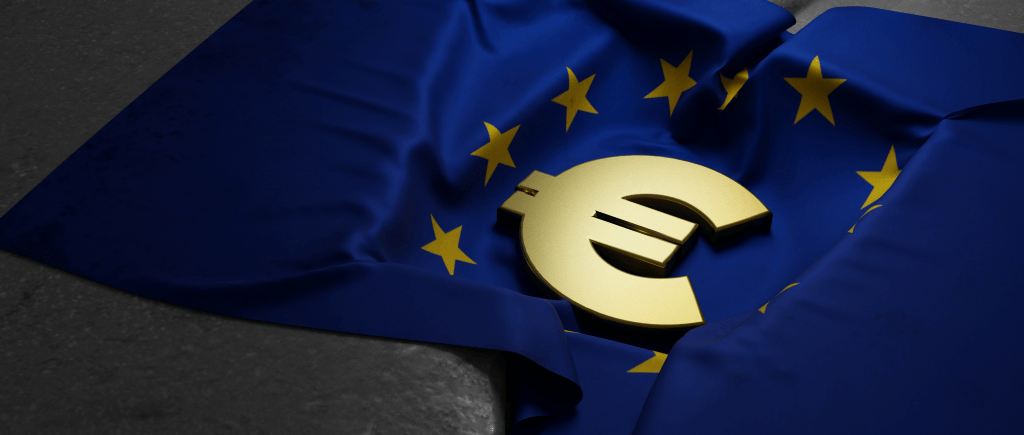ECB executive board member Isabel Schnabel issued some comments, Thursday, on the central bank’s monetary policy. Schnabel said “It is now becoming increasingly likely that, in the medium term, inflation will approach our 2% target from above, not below”.
Additional Quotes
Reversing the current exceptional measures has the potential to mitigate inflationary pressures
We are currently witnessing the strongest labour market in the history of the single currency
This speech reads a bit like something that was written before the invasion so I’m inclined to take it with a grain of salt. That said, the ECB’s inflation-only mandate is clear and this conflict is undoubtedly inflationary — at least in the short term.
These comments sharply contrast with the heads of the Greek and Austrian central banks who earlier were out with comments suggesting the ECB holds off through year end on ending the pandemic related quantitative easing.
The “shock of war” has clouded the outlook for the economy just as inflation was taking hold in the Eurozone and allowing the European Central Bank to withdraw its stimulus measures, ECB board member Isabel Schnabel said.
With inflation pressures building quicker than expected, the ECB is now openly discussing an end to copious bond buys later this year, opening the door to a potential interest rate hike this year, the first increase in over a decade.
But the war in Ukraine will complicate a policy decision due on March 10 with some policymakers already calling for caution in unwinding support.
“The shock of war hanging over Europe has clouded the global outlook,” Schnabel, the head of the ECB’s market operations, said in a speech that she said reflected the state of the economy before Russia’s invasion of Ukraine earlier on Thursday.
“The economy is evolving in ways that suggest that, after a long period of very subdued price pressures, inflation is increasingly likely to stabilize in close proximity to our 2% target over the medium term,” she said.
The ECB had long argued that inflation, now above 5%, is likely to drop below its 2% target next year, but Schnabel challenged this narrative as price pressures are becoming increasingly broad and the currency union is enjoying its strongest labour market on record.
“It is now becoming increasingly likely that, in the medium term, inflation will approach our 2% target from above, rather than from below,” she said.
This combination of a strong labour market and broadening price pressures calls for a “gradual normalization” of monetary policy that reflects the bank’s effort in getting inflation back to target, Schnabel added.
The first step in unwinding stimulus will be to end bond purchases while the next move should be raising interest rates, rather than unwinding the ECB’s oversized balance sheet, Schnabel added.
“Our key policy rates are best suited for influencing output and prices in the euro area during the normalization process,” she said. “Balance sheet adjustments may thus not be well-suited as the main instrument for controlling the overall stance.”

 Noor Trends News, Technical Analysis, Educational Tools and Recommendations
Noor Trends News, Technical Analysis, Educational Tools and Recommendations




